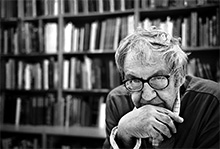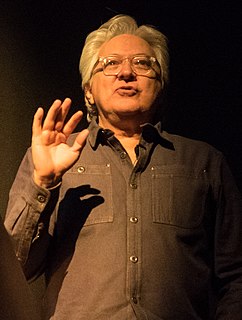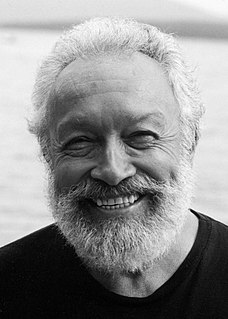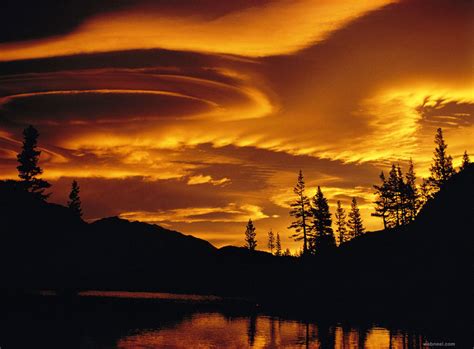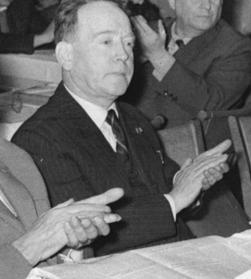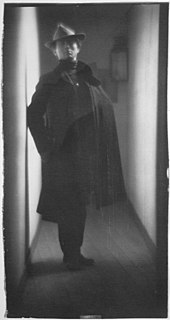A Quote by Saul Leiter
My father thought photography was done by lowlifes.
Quote Topics
Related Quotes
To know whether photography is or is not an art matters little. What is important is to distinguish between good and bad photography. By good is meant that photography which accepts all the limitations inherent in photographic technique and takes advantage of the possibilities and characteristics the medium offers. By bad photography is mean that which is done, one may say, with a kind of inferiority complex, with no appreciation of what photography itself offers: but on the contrary, recurring to all sorts of imitations.
I've always thought that each album would be my last one, and then I would be out of ideas and I would move to photography or something. I thought it was transient and it's not because of this entrenched career stubbornness that I've done it for so long, it's just something I enjoy doing, and it's the most direct way I can express something.
